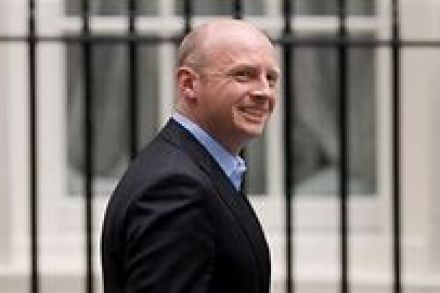Does America Point to a Future for the British Left?
I have had the pleasure of meeting two major figures of the American intellectual left over the past two weeks: Washington Post columnist EJ Dionne and Michael Kazin, co-editor of Dissent magazine. I’m sure there are as many differences as similarities in the politics of these two men, but what struck me about meeting them was how complacent and flabby we have become in Britain with our progressive politics. The relative strength of the Labour Party and the trade unions make us believe our radical traditions are safe here. But last night’s Dispatches made me realise just how fragile a principled left-wing politics has become. It is as well not















